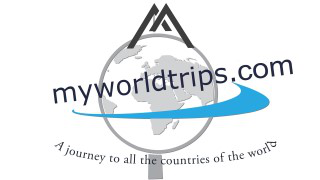ABOUT VENEZUELA
december 12, 2023Geen reacties
Venezuela, a country that has been suffering from severe inflation, poverty and high crime for decades. For a long time it was not safe to travel in Venezuela. In addition, many governments still advises against traveling in Venezuela: travel advice code red and orange. Yet the country seems to be slowly picking up after many years of misery. The mighty US dollar is gaining more and more ground in the country, which brings stability and travelers have already found their way back to the country
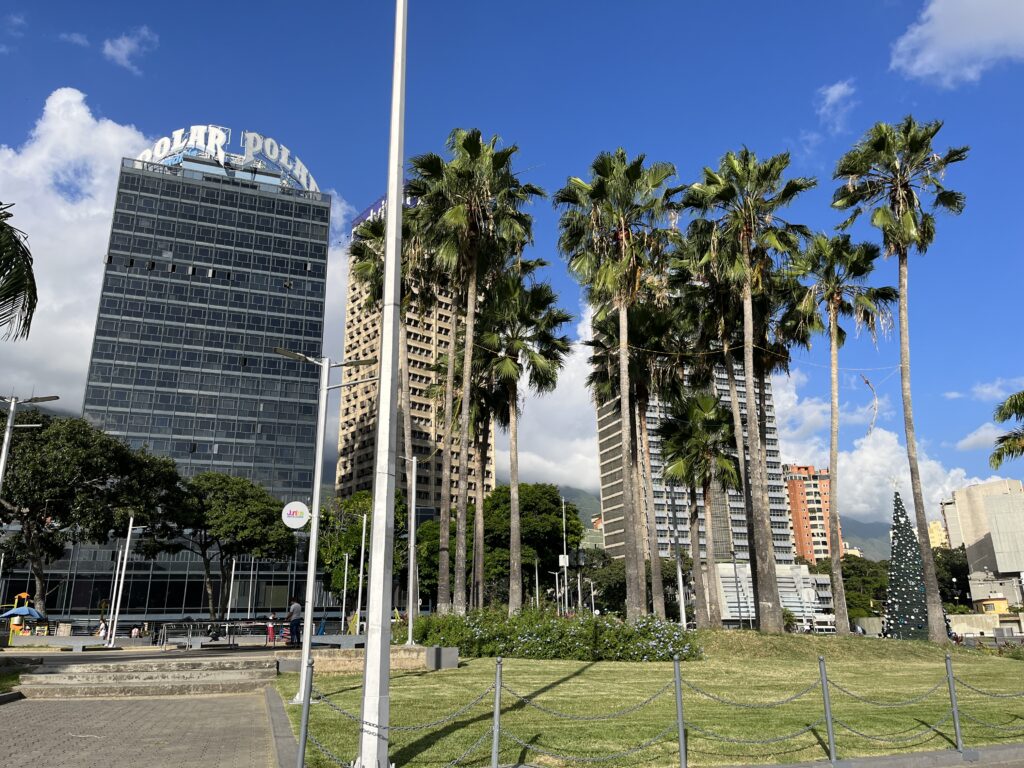
Venezuela is going through a tough period
I’m pretty sure some of you are interested in coming to Venezuela, but have probably heard terrible stories from Venezuelans who have left their country. They will tell you not to go to Venezuela because it is unsafe or even dangerous. It’s horrible, it’s hell. That’s what you usually hear about safety.
I won’t deny that people have had a hard time in Venezuela and many are still struggling, but things are slowly getting better. 2018 was very bad: empty supermarkets; unsafe, very difficult to get money or pay for anything.
More than seven million Venezuelans have left their homeland since 2015
More than half of them face challenges accessing food, housing, and stable employment.
More than 80% of those who have left Venezuela are living in Latin America and the Caribbean, in countries which often already struggle to provide health and education to their own nationals.
Venezuela’s population has fallen from 30.08m in 2015 to an estimated 28.25m now.
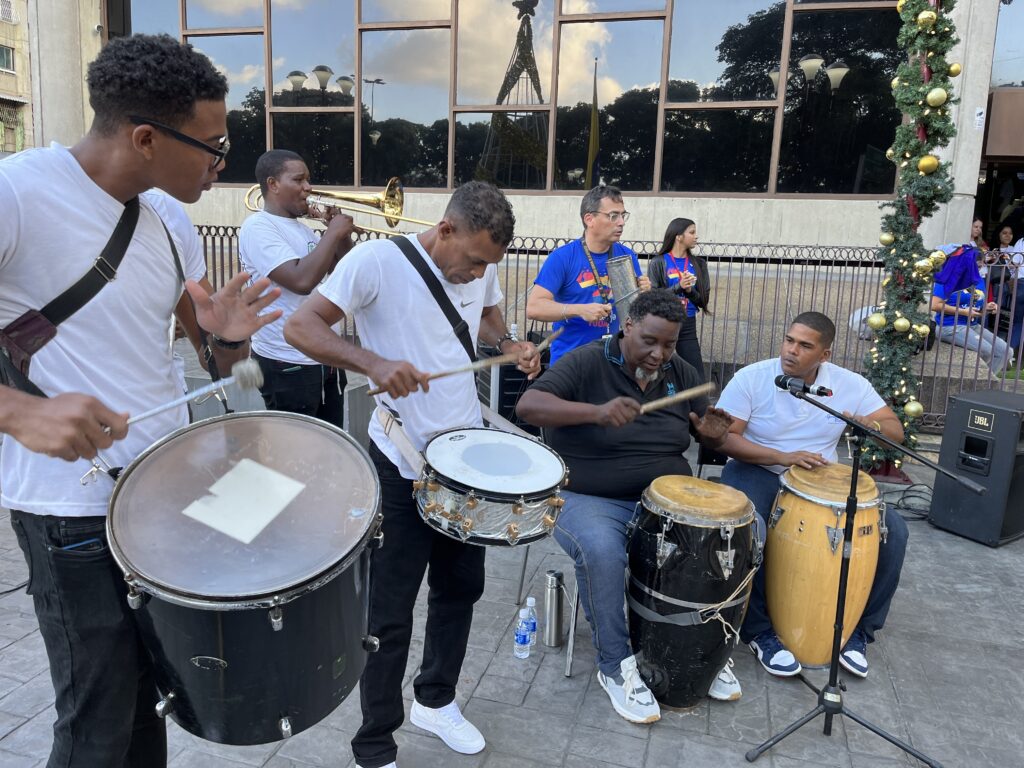
Now luckily there is an improvement in Venezuela
Venezuela’s national currency is the bolivar, but during a four-year period of hyperinflation, it became almost worthless. While the government says that the yearly inflation rate dropped from 686% in 2021 to 234% in 2022, it remains one of the highest in the world.
Unsurprisingly, those who can try to get hold of more stable foreign currencies instead. But strict foreign currency controls put in place by former President Hugo Chávez meant that until recently they were beyond the reach of most Venezuelans.
Since 2021 the US dollar has been introduced, which means that the economy is growing. You suddenly see people investing in their business, new stores are being built and many new restaurants are opening.After eight years of economic crisis, Venezuela’s economy is showing a few signs of recovery.
There are no longer so many problems to pay because you can use the dollar and the bolivar, which has been fairly stable compared to before. But also international (prepaid) credit cards now work in many places in Venezuela.
So it’s easier than ever to get around and buy stuff. I’m not saying it’s an easy country to travel in, but it’s much better than it was. But why does traveling always have to be easy? What’s wrong with a challenge? That way you have fun stories afterwards. Venezuela is a country waiting to be discovered.
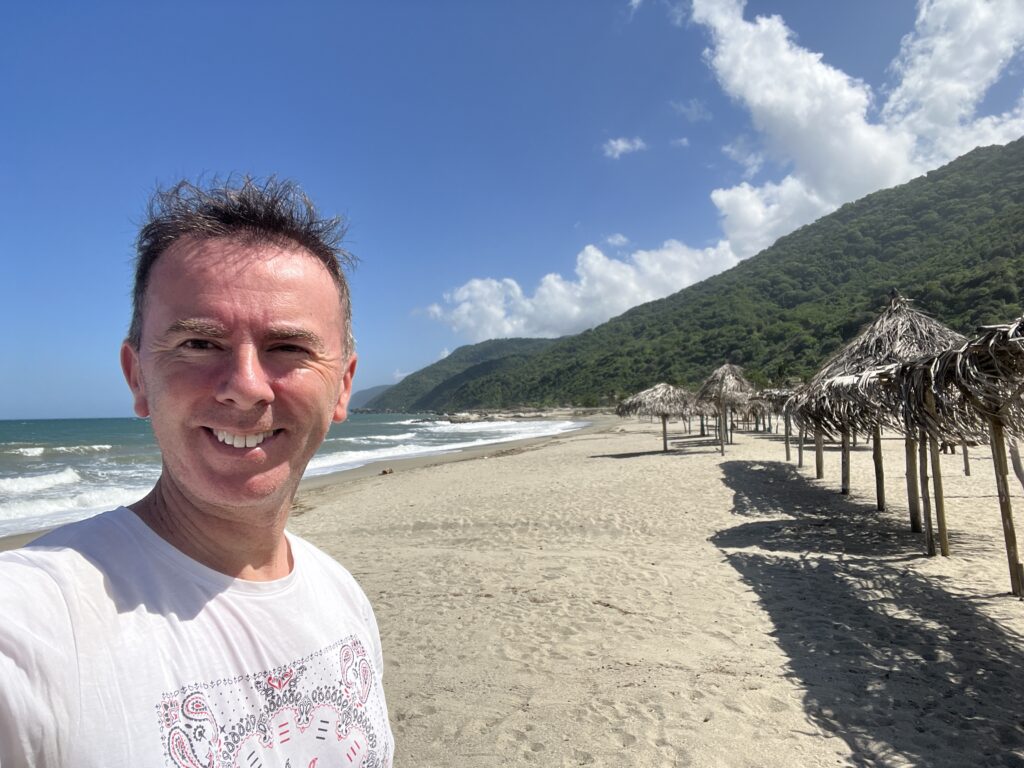
It feels safer than before
The country also feels much safer than before. You don’t hear the horror stories of robberies and kidnappings like you did four years ago. At that time people did not go out into the street at night. Although heavy things are still happening, there is now a nightlife again; people go to restaurants until late at night. The towns and villages are alive again.
More and more Venezuelans are going out in their own country. The many waterfalls in the country are again crowded. An growing number of locals goes hiking and cycling in the mountains. Venezuela is beautiful, I am sure the country will get even better as it was before, there is a lot but a lot of potential and people already are working hard on their own small businesses and not waiting for the government to give them anything, now the people are slowly creating wealth, I am sure Venezuela will be back to its golden period.
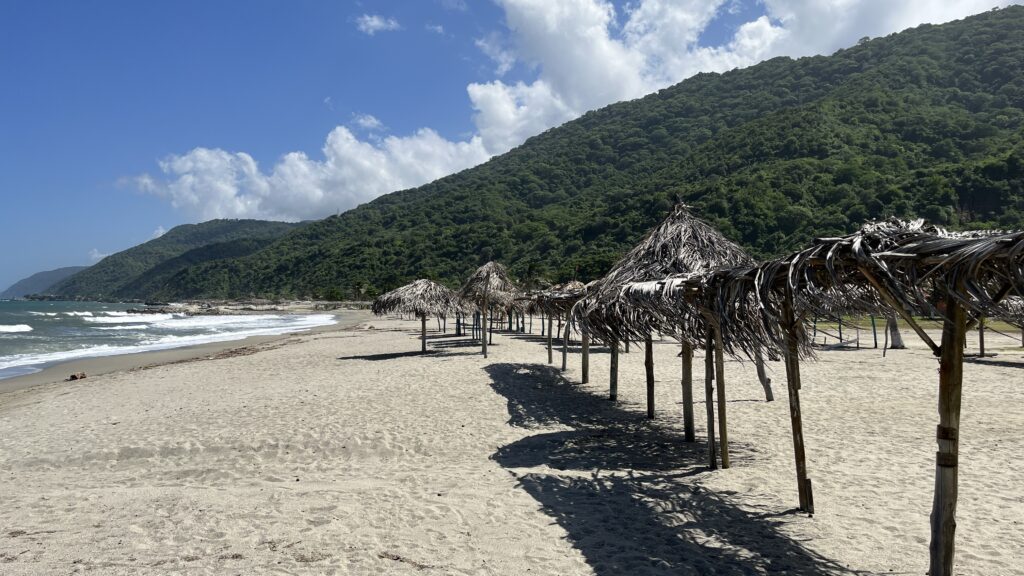
Why go to Venezuela?
Venezuela is located in South America with a shoreline along the Caribbean Sea and the North Atlantic Ocean.It shares its borders with Colombia to the west, Guyana to the east and Brazil to the south, and it’s located in a manner that connects North and South America, right on the main sea and air routes.
If you want to travel in Venezuela this brings with it some challenges. Safety is still something to consider, but it’s well worth it! There are fantastic beaches to discover such as Morocco, charno en Mochima. The Andes Mountains at Merida has Glaciers and the highest cable car in the world. There are beautiful sand dunes in it Chorus and you can take the lightning off Catatumbe on the lake Maracaibo to see. Also don’t forget the highest waterfall in the world, Angel Falls, the Amazon, the delta of the Oronoco River and the table mountains in Gran Sabana. In short, enough to discover and take on the challenges for this!
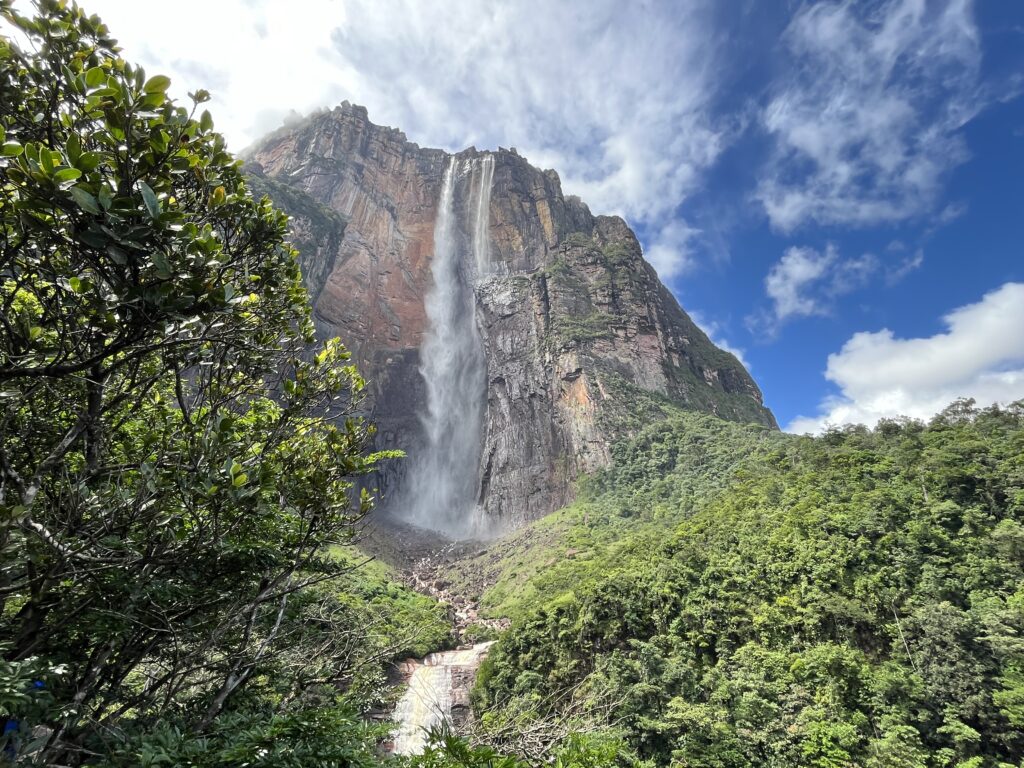
The tourists nowadays are positively surprised about the safety in Venezuela. They are very enthusiastic about the friendliness and hospitality of the Venezuelans and so i ‘am i. If you go, you won’t meet many other tourists, more likely none. But that means it’s easier to meet the local people. They will invite you for a beer or a meal, give you a lift, help and protect you. They also want you to feel safe in their country.
Go to Venezuela, you won’t regret it.
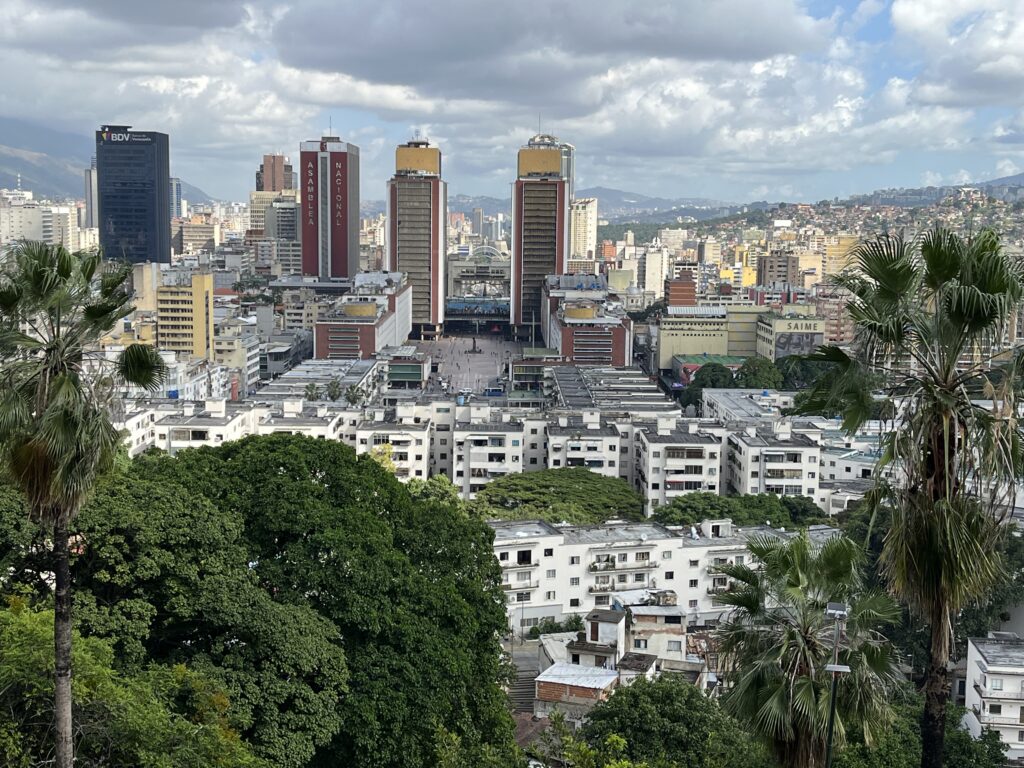
Is Venezuela cheap?
No, it is not the cheapest country in Latin America. Probably even one of the more expensive ones. You will have to look around to find cheap accommodation and food. It will be hard to find anything cheaper than $20 per night, which is also still expensive for backpackers. But by European standards it is still very affordable.
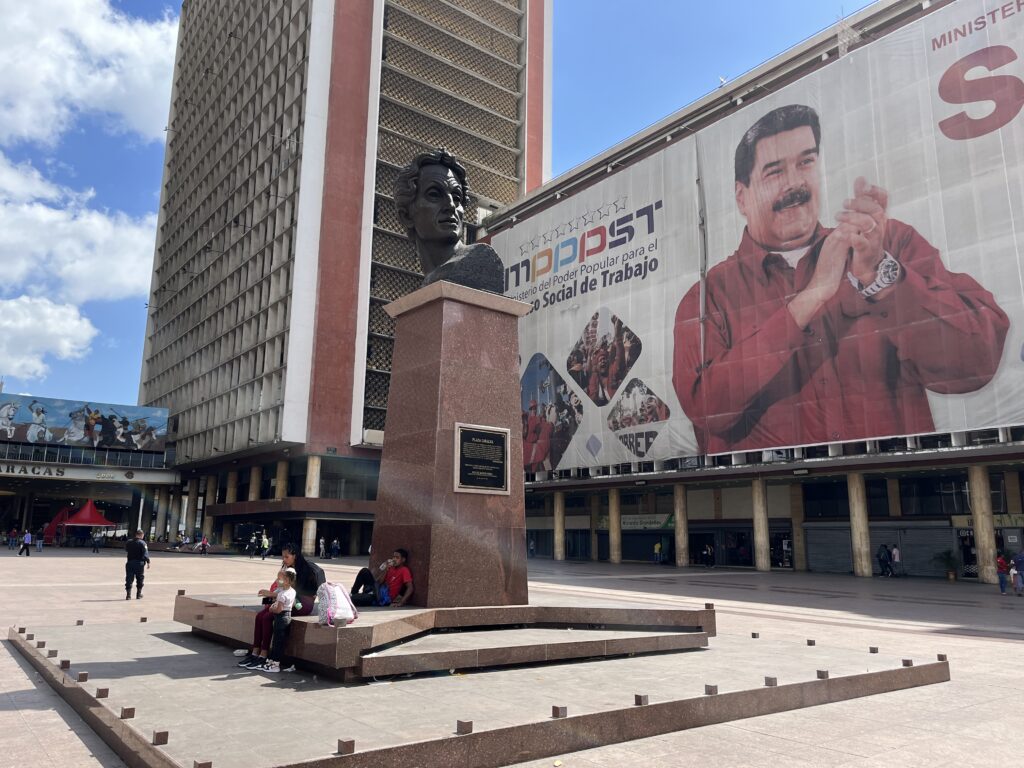
And Maduro?
President Nicolás Maduro of Venezuela gained a stronger position after the opposition abandoned its main attempt to challenge him. The country recovered from its economic depression that lasted from 2014 to 2020, but still faces economic challenges. The emergence of left-wing governments in Latin America, including in Brazil and Chile, has provided a friendlier regional environment for Maduro, undermining earlier US efforts to rally against him. Meanwhile, Maduro’s alliances with countries such as Russia, China and Iran continue to play a significant role in the country’s geopolitical landscape.
In December 2022, ‘interim president’ Juan Guaidó’s attempt to take power in Caracas ended, putting President Nicolás Maduro in the strongest position he has had over the past decade. Earlier, in 2021, the country pulled out of the severe economic depression that had lasted from 2014 to 2020. In addition, a string of left-wing governments elected in Latin America in 2022, including in Brazil and Chile, have proven much less hostile to Venezuela than their predecessors.
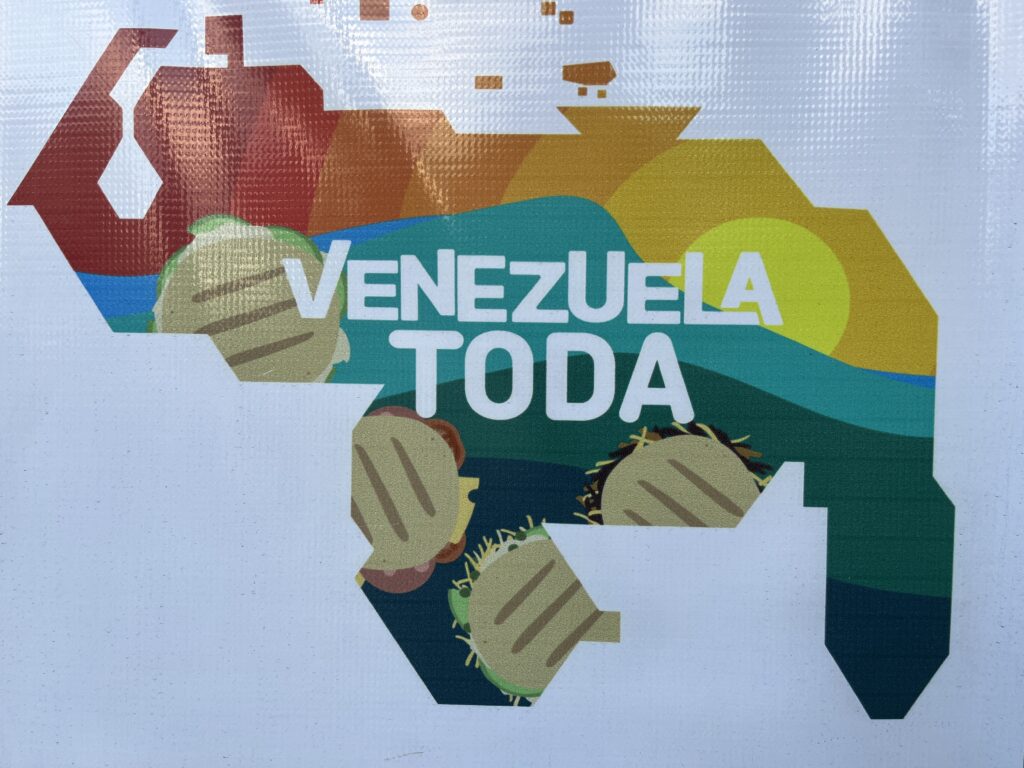
ESSEQUIBO ?
Essequibo. That is the name of the region that Venezuela and Guyana cannot agree on. This is an oil-rich area west of the Essequibo river of the same name, covering approximately 159,000 square kilometers, covering approximately two-thirds of Guyana.
For Guyana, the current border is the correct one because the British colonizer established it before an arbitration court in 1899. But Venezuela insists that the Essequibo River forms the country’s eastern border, as established in 1777 during Spanish colonization.
The dispute has been simmering since the early 1960s, but was reignited by a new oil discovery in Essequibo worth at least 10 billion barrels. A find that will give the already growing economy of poor Guyana even more of a boost, but would also benefit the moribund Venezuelan economy. Maduro during a speech after the referendum Venezuela More than 95 percent of Venezuelans vote in favor of annexing disputed oil-rich territory into neighboring Guyana
Referendum: More than 95 percent of the voters who showed up last voted in favor of the annexation of Essequibo. Maduro went a step further by signing a decree adopting a new map of Venezuela, including two-thirds of neighboring Guyana.
It is not yet entirely clear whether Venezuela also plans to invade and annex the area militarily. President Maduro is said to have already ordered the army to expand its activities to the area and also ordered Venezuelan state-owned companies to immediately start extracting oil and minerals in Essequibo. The president does not seem to be showing any restraint at all. It remains to be seen how concretely these orders will be executed. Some experts point out that Venezuela is militarily unable to annex the area.
